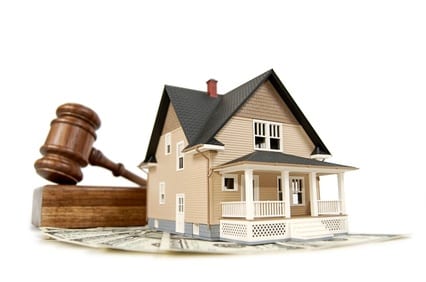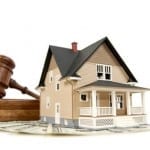 Getting Into Debt:
Getting Into Debt:
Understanding and defining secured and unsecured loans:
Secured Loan: a loan that is backed by something of value that you own. If you do not pay the loan on time and you will lose whatever you have pledged as security.
Items purchased by secured loan include:
1. Houses, Condos, Land, Cottages
2. Vehicles, boats
3. Appliances
4. Furniture
Unsecured Loans: these loans not backed by collateral. The majority of debt in Canada is in this form: high risk and high interest rates
1. Credit cards
2. Student Loans
3. Personal Loans
4. Dental Bills and other medical costs not covered by a government or private plan
Contact Rumanek & Company Ltd. for more information on bankruptcy and debt solutions. Or please fill out the free bankruptcy evaluation form. To learn more please visit our YouTube Channel. Rumanek & Company have been helping individuals and families overcome debt for more than 25 years.


 Getting Into Debt:
Getting Into Debt:

 Reverse Mortgages
Reverse Mortgages